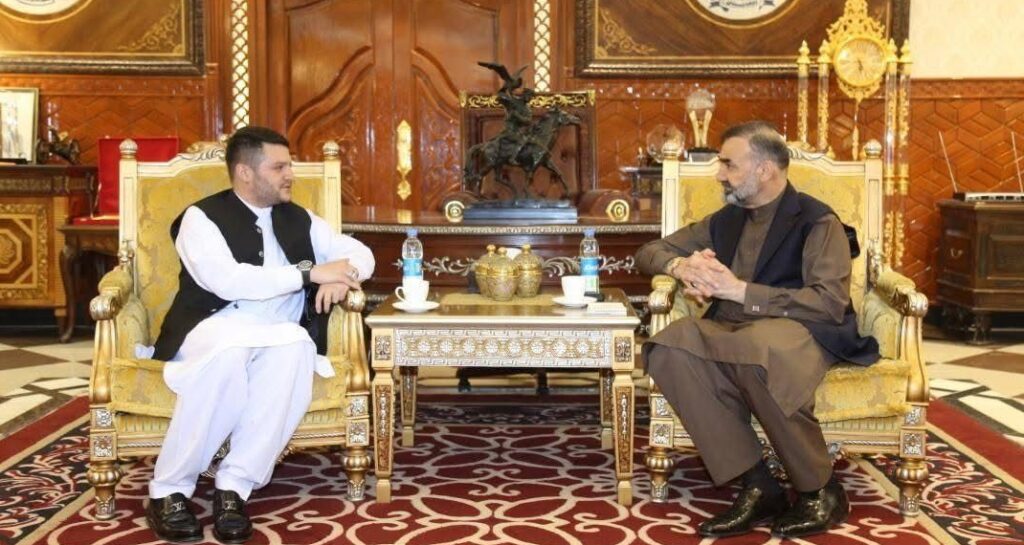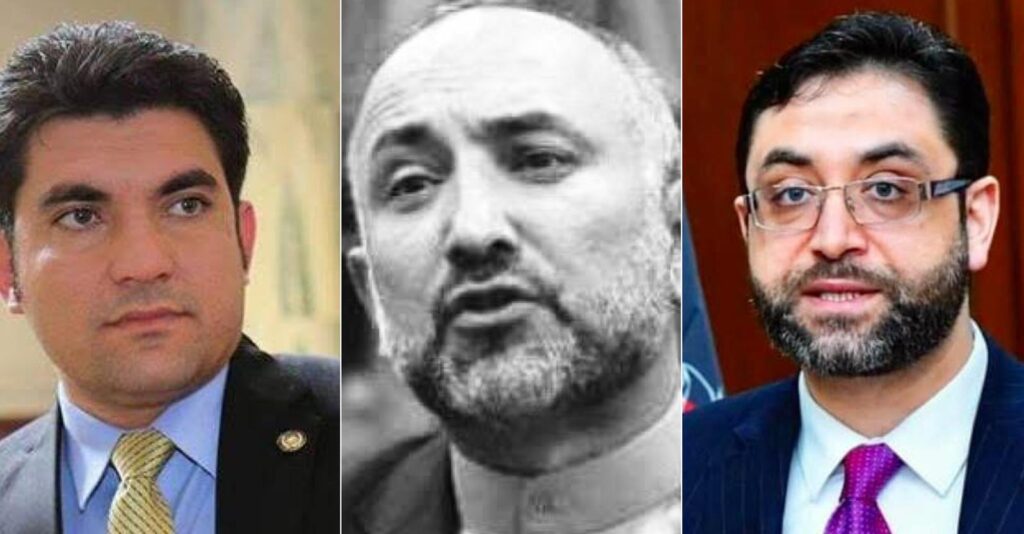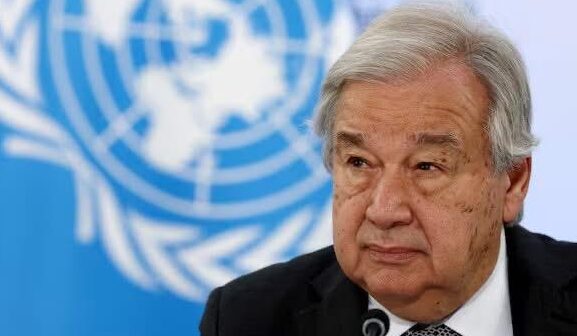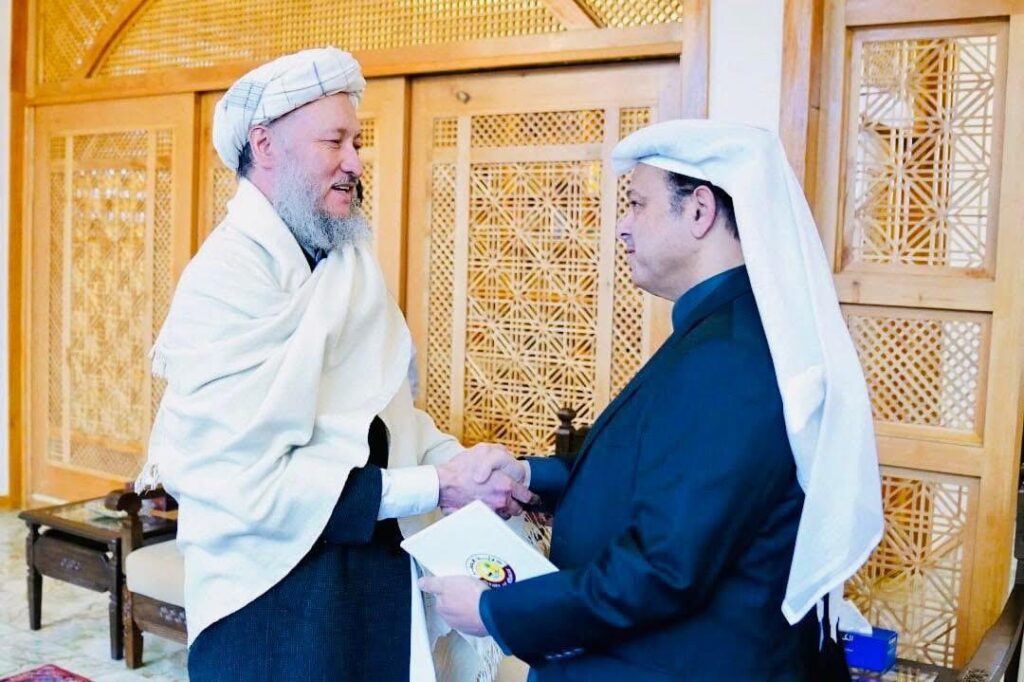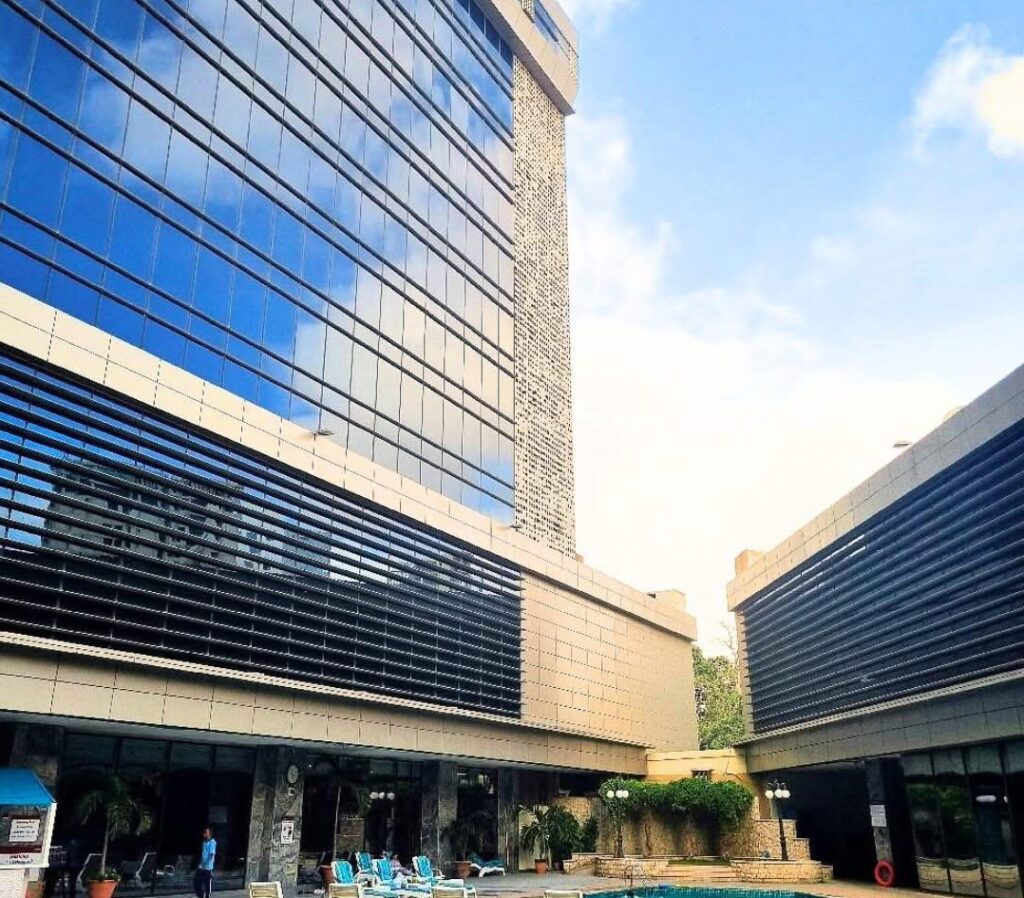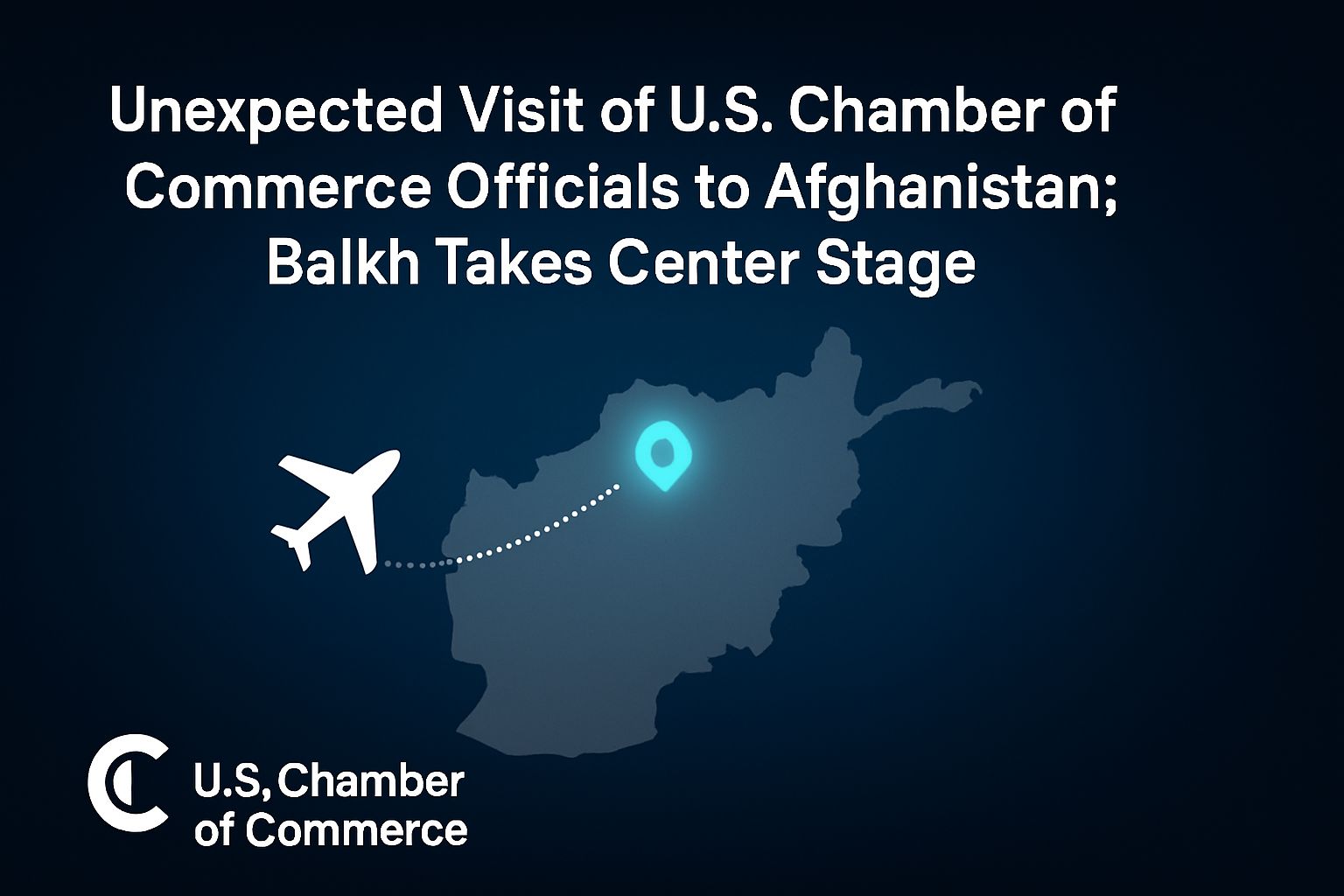Read More
Azizi Developments has announced the signing of a 50-year lease agreement with KEZAD Group, one of Abu Dhabi’s leading industrial and logistics zones. Under this long-term partnership, the company will build and operate 12 factories within KEZAD.
A high-level delegation from Azizi Developments, led by the company’s Founder and Chairman, Mirwais Azizi, arrived in Beirut for an official visit and held meetings with senior Lebanese officials. During the trip, Mr. Azizi met with President Joseph Aoun, Prime Minister Nawaf Salam, Parliament Speaker Nabih Berri, and Beirut Governor Marwan Abboud.
Next week, a meeting is scheduled to take place in Pakistan, usually attended by political opponents of the Taliban. Among nearly forty Afghan figures expected to participate, the political movement Peace and Justice, led by Hanif Atmar, the former foreign minister and the last senior official of the Republic regime, is also listed. It is possible that Atmar himself or his representative will attend this meeting.
The Palestinian group Hamas announced on Saturday that it would only lay down its arms if an independent and fully sovereign Palestinian state is established.
This statement came in response to a report by the Israeli newspaper Haaretz, which claimed that in an audio recording attributed to Steve Witkoff, the U.S. envoy on Middle East affairs, it was said: “Hamas has declared its readiness to disarm.”
According to a report by Reuters on Saturday, August 2, Guterres acknowledged that in the context of the UN’s efforts to improve efficiency and reduce costs, the massive volume of documents and meetings has not only proven ineffective but has become a burden on the system.
The United Nations Security Council has granted a travel exemption to Abdul Salam Hanafi, Deputy Prime Minister of the Taliban, allowing him to travel to Doha, the capital of Qatar. On Saturday, August 2nd, the UN issued a statement confirming that Hanafi is scheduled to travel to Doha for medical treatment from August 14 to August 31.
Previously, the United Kingdom had issued a similar advisory for its staff and citizens in Pakistan. Karachi, Pakistan’s largest city, has experienced sporadic armed attacks and ongoing security concerns in the past. Threats against diplomatic missions and foreign nationals have long been a source of serious concern in the country.



